Growing up in the ‘80s meant endless hours spent playing outside, using our imagination, and having fun with friends. But looking back, those games did more than just entertain us—they taught us important life lessons, built our social skills, and helped shape who we are today. Here’s a trip down memory lane with 13 childhood games from the ‘80s that gave us a lot more than just fun.
1. Red Rover
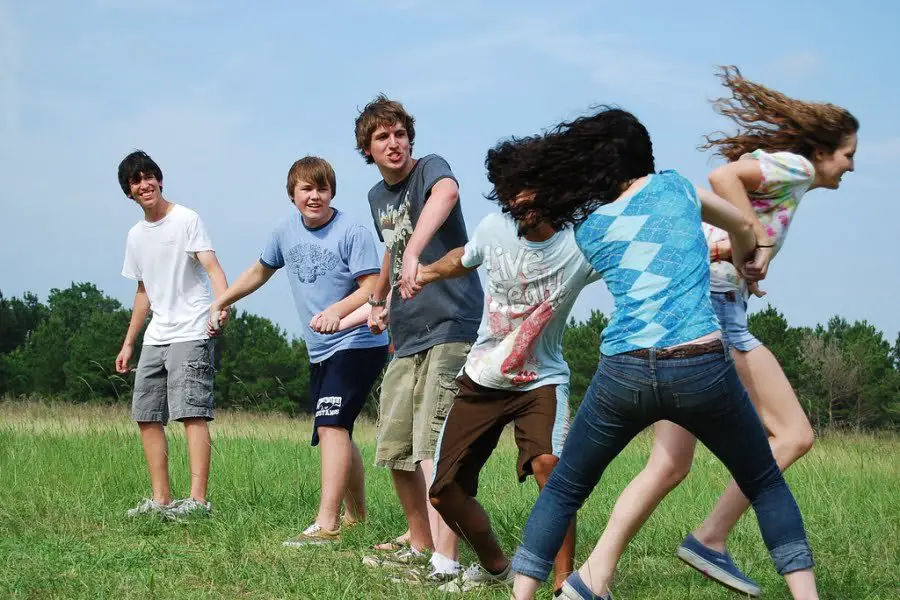
“Red Rover, Red Rover, send [your friend] right over!” This game was all about strategy and teamwork. While it seemed like just an energetic way to burn off steam, it taught us the importance of working together and reading the strengths of others. Plus, it showed us that sometimes, you win by sticking together.
2. Kick the Can
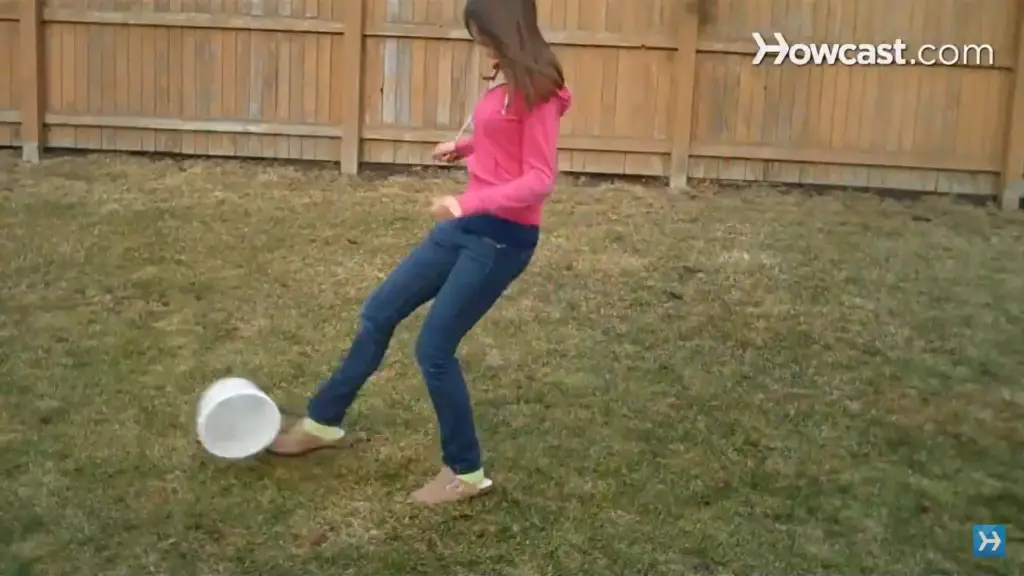
A mix of hide-and-seek and tag, Kick the Can was all about creativity, agility, and outsmarting your opponents. This game helped us learn how to strategize and think quickly on our feet. It also fostered a sense of adventure, as every new game had a different hiding spot or sneaky tactic to try.
3. Duck, Duck, Goose
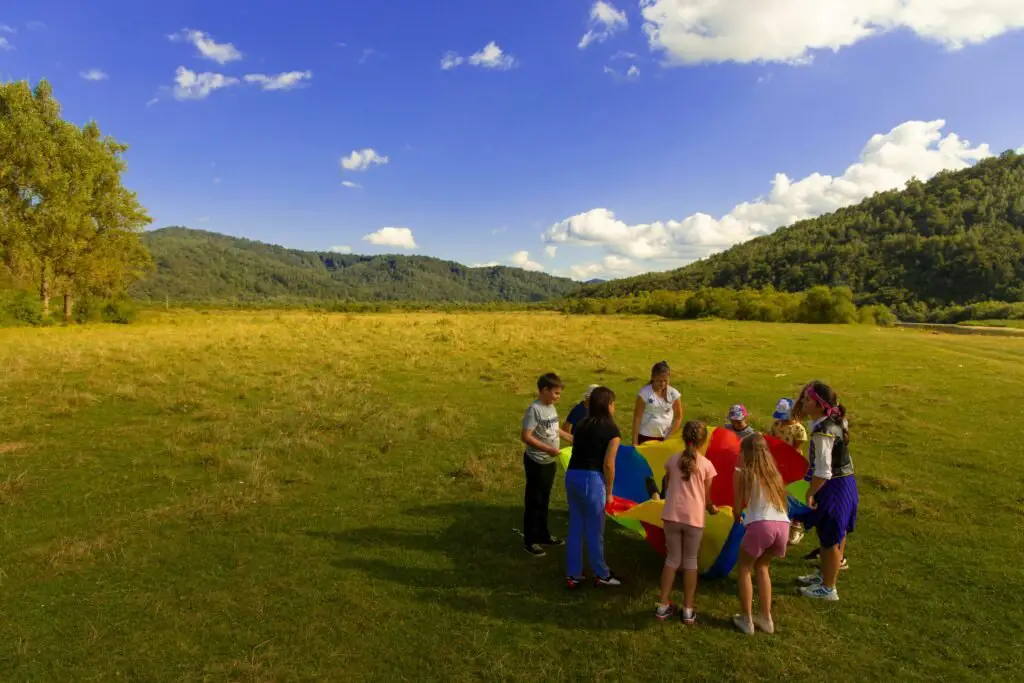
This simple game was all about anticipation and speed. Duck, Duck, Goose taught us patience—waiting for our turn—and how to handle the adrenaline of being chased. It also helped us understand that sometimes, being quick on your feet (literally and figuratively) is the key to success.
4. Simon Says
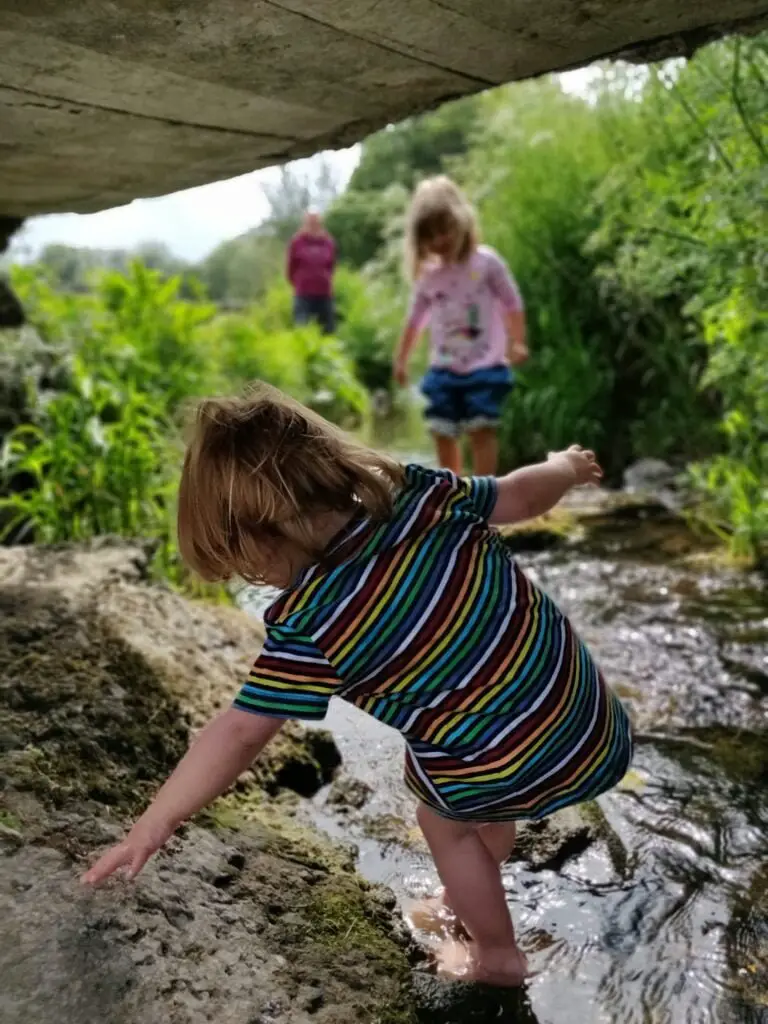
While Simon Says might seem like a straightforward game, it actually required focus and active listening. You had to pay close attention to the commands and follow only the ones prefaced by “Simon says.” It taught us the importance of listening carefully and thinking before we act—skills that definitely come in handy as adults.
5. Freeze Tag

Freeze Tag was more than just a fun way to stay active. It required strategy and a sense of community. Players had to work together to unfreeze their teammates and avoid being tagged themselves. It was a great way to learn about cooperation, quick decision-making, and the value of helping others.
6. Hopscotch
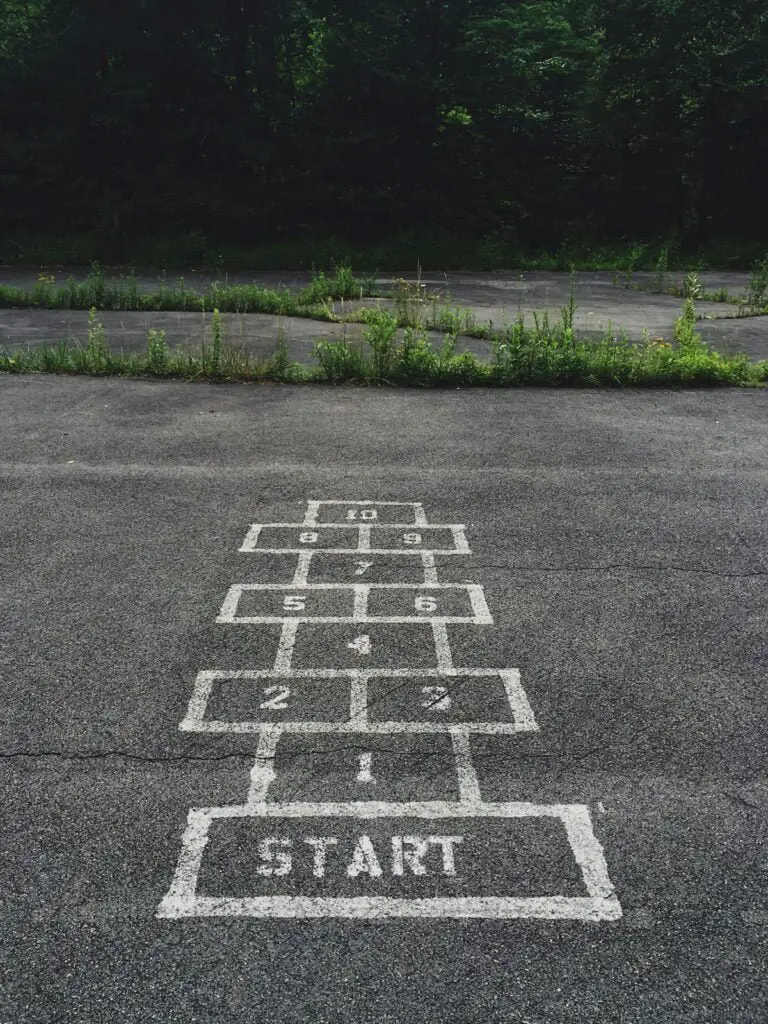
Hopscotch was all about balance and coordination, but it also taught us something else: perseverance. If you missed a step or stumbled, you picked up your stone and tried again. It reminded us that getting better at something takes practice, and sometimes you have to start over to improve.
7. Four Square
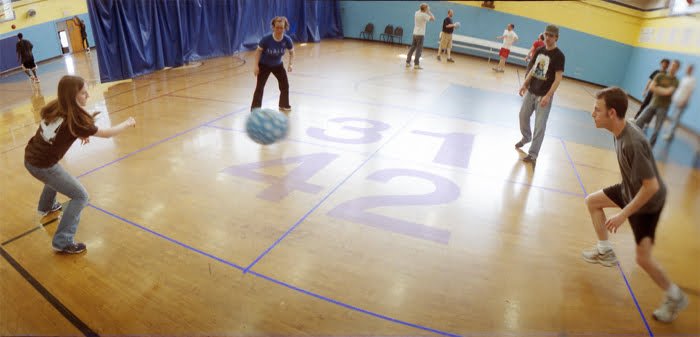
This playground favorite was all about quick reflexes and coordination, but it also involved a lot of unwritten rules and social negotiation. You had to learn to read your opponents, strategize, and sometimes even make up rules on the fly. It taught us the art of friendly competition and how to adapt to changing situations.
8. Hide and Seek
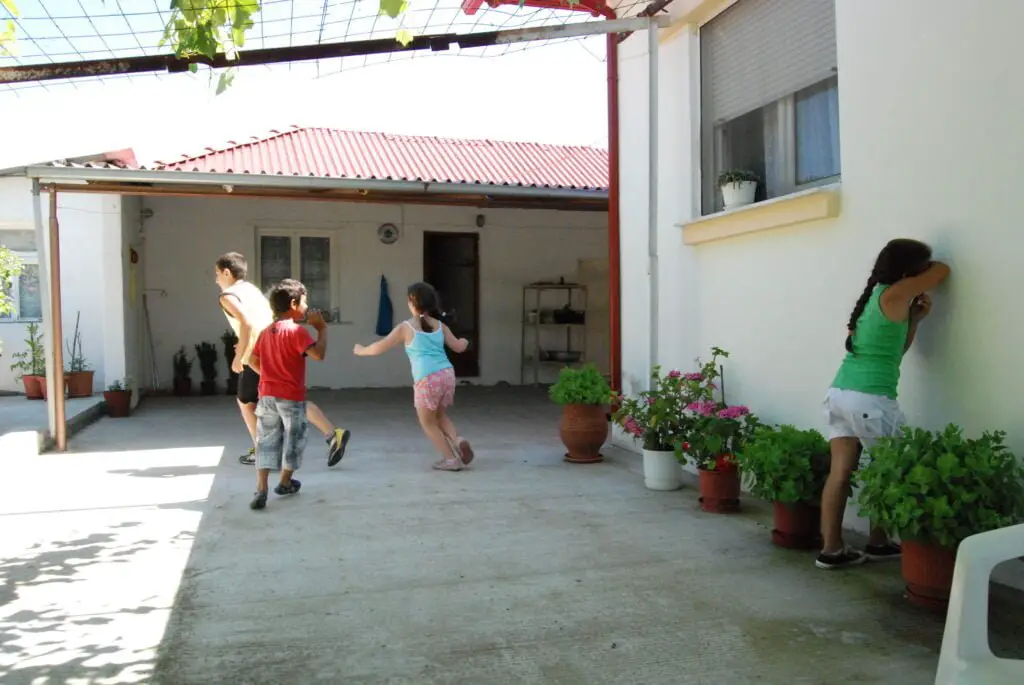
Hide and Seek is a classic game that sharpened our stealth and creativity. Finding the perfect hiding spot or deciding when to run for the base was all about timing and strategy. This game also helped us build patience and resilience—if you got caught, you waited for the next round to try again.
9. Capture the Flag
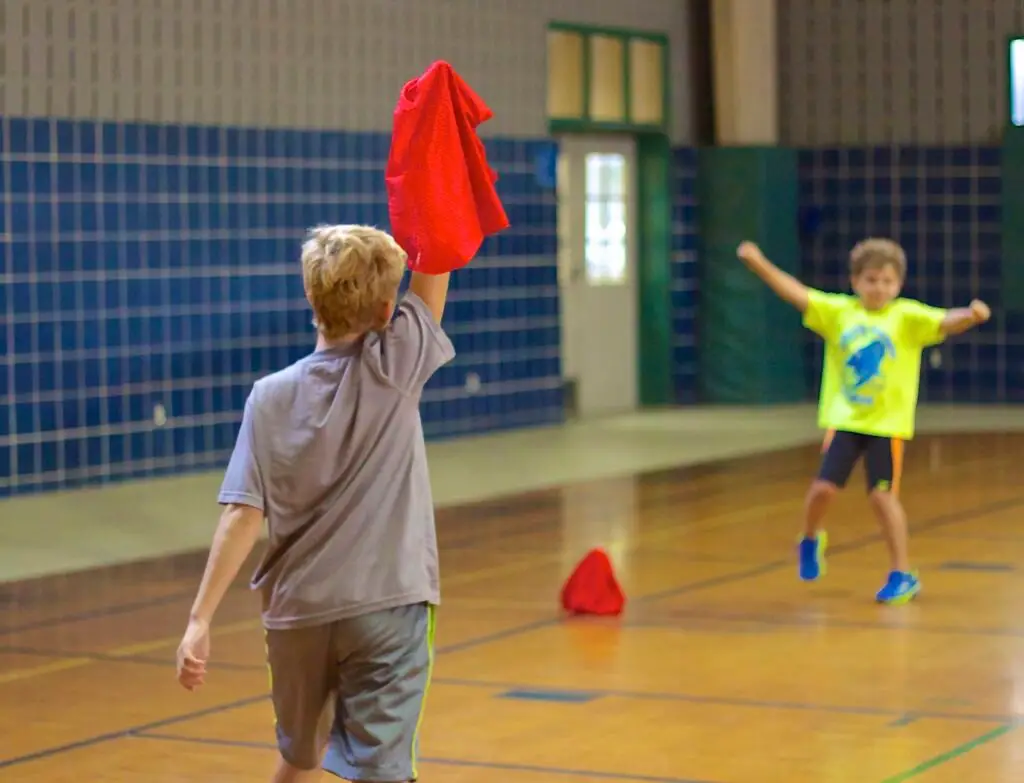
This game was the ultimate test of teamwork, strategy, and patience. Capture the Flag required communication, planning, and the ability to think several moves ahead. It taught us the importance of working together toward a common goal and that sometimes, being sneaky and strategic is better than rushing in.
10. Marbles

Playing marbles was all about precision and control. It may have looked like a simple game, but hitting that target marble with just the right amount of force took practice. Marbles taught us patience, fine motor skills, and how to set up goals (literally) and achieve them.
11. Double Dutch
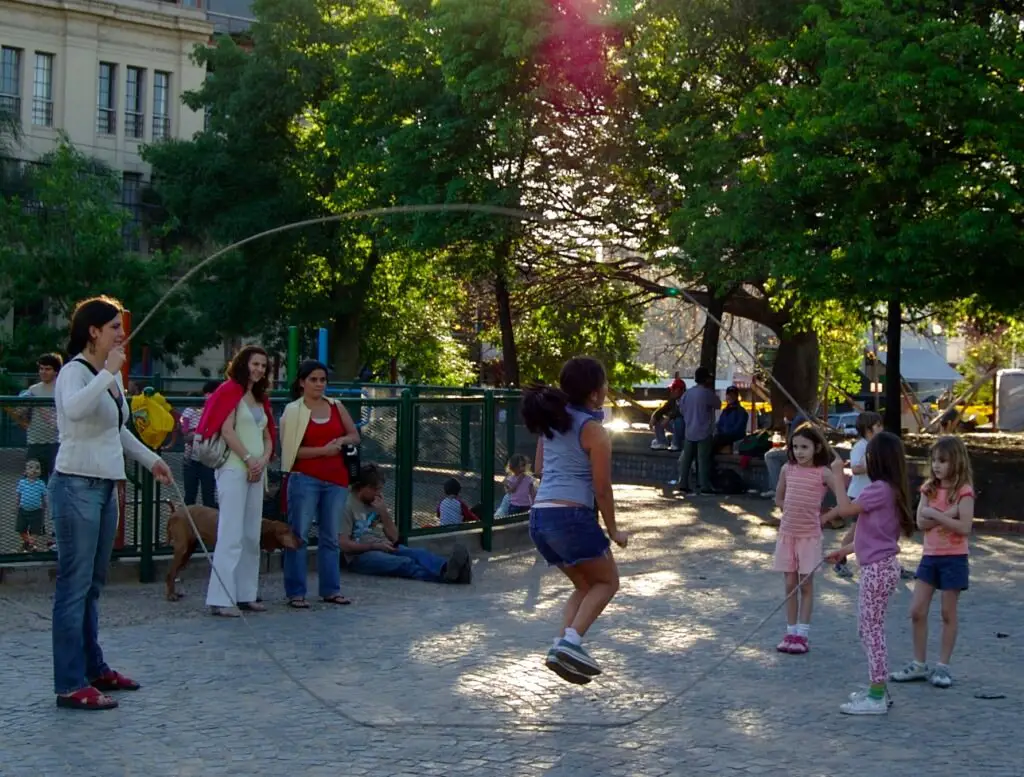
Jumping rope may seem like child’s play, but Double Dutch was next level. It required rhythm, timing, and cooperation between the jumpers and the rope-turners. It also helped build confidence—you had to believe in yourself to jump in at just the right time. Plus, mastering new tricks was always a huge accomplishment.
12. Kickball
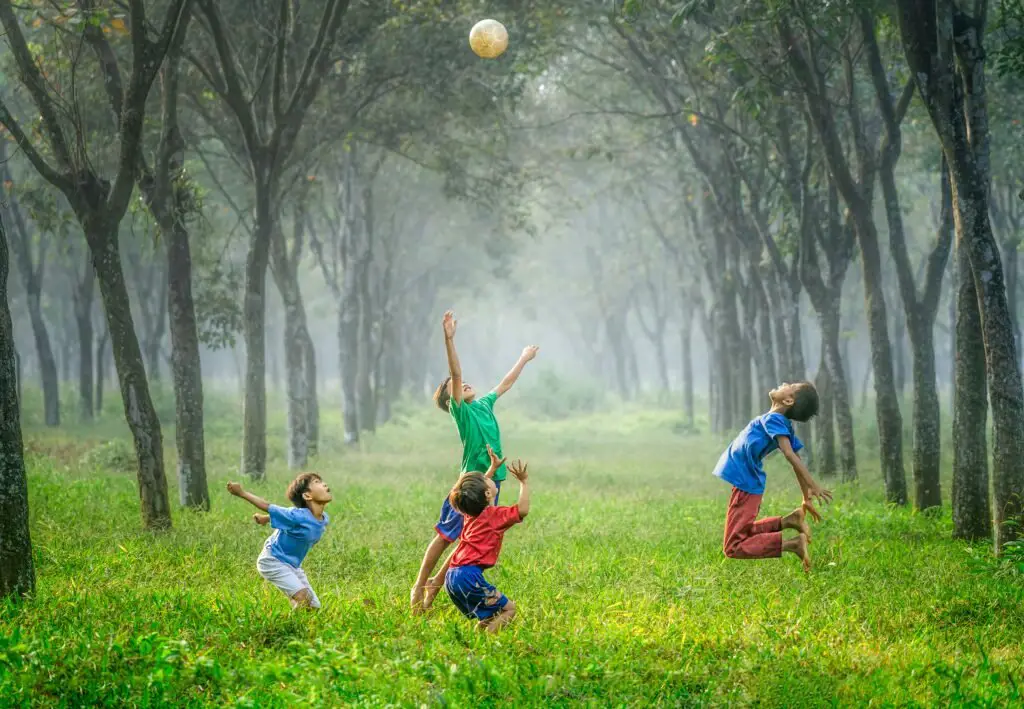
Kickball was the playground’s version of baseball and a total team effort. It combined athleticism, strategy, and good sportsmanship. Whether you were up to kick or fielding a ball, this game taught us how to work as part of a team, cheer each other on, and take turns in the spotlight.
13. Mother May I?
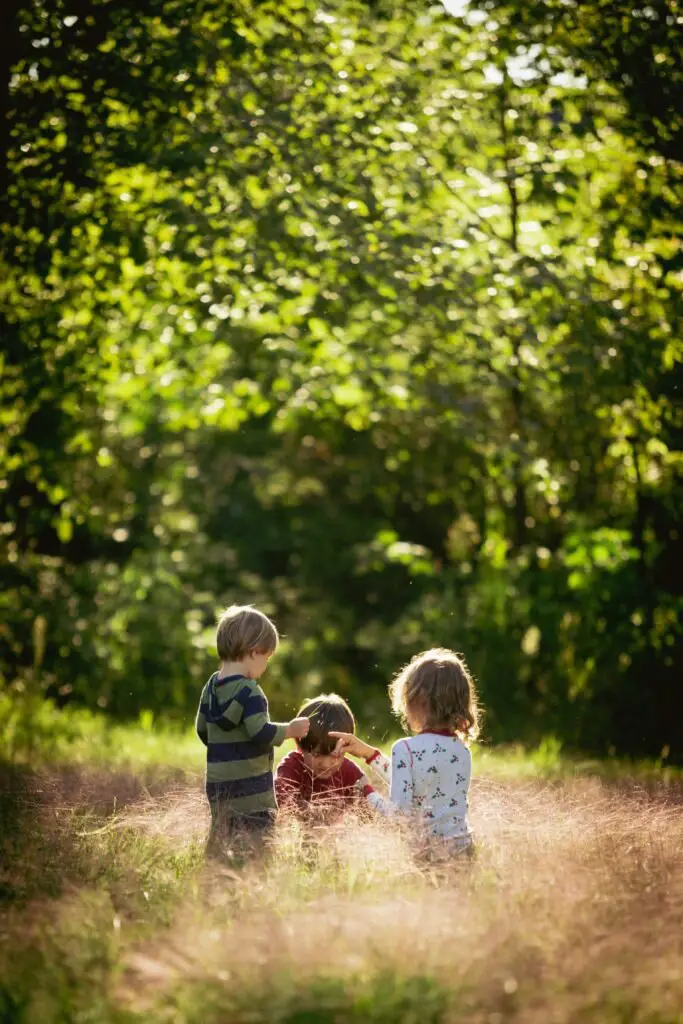
This game taught us the importance of asking permission and following instructions, but it also had an element of strategy. You had to plan your moves carefully and wait for just the right moment to ask for the biggest step forward. Mother May I? helped us build patience and respect for authority, while still giving us the freedom to think creatively.
These childhood games weren’t just about having a blast—they taught us important life lessons about teamwork, patience, creativity, and resilience. So, while we may have left some of these games behind, the skills we learned from them still stick with us today.


